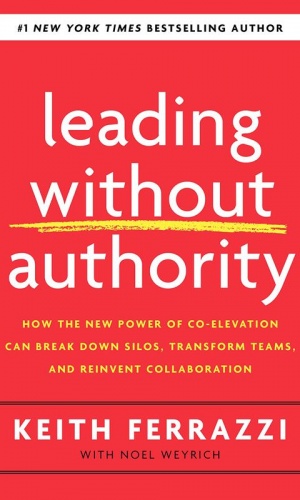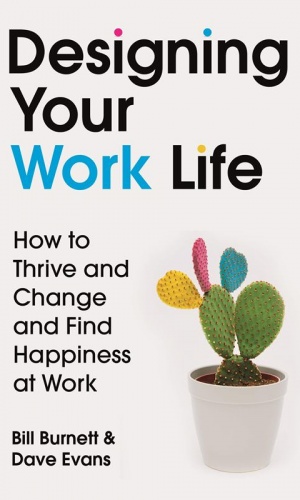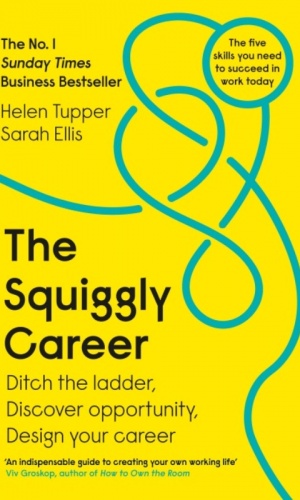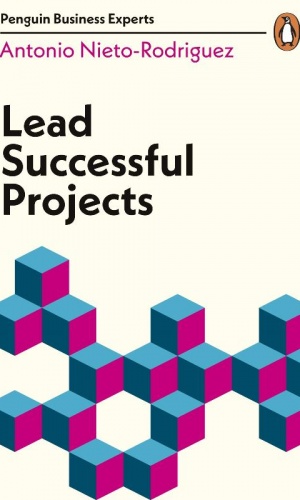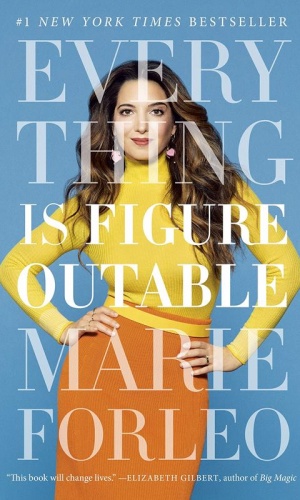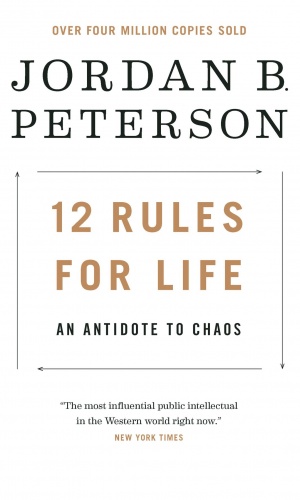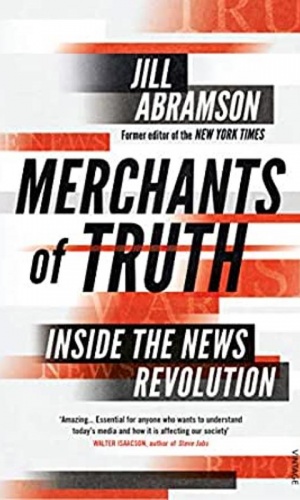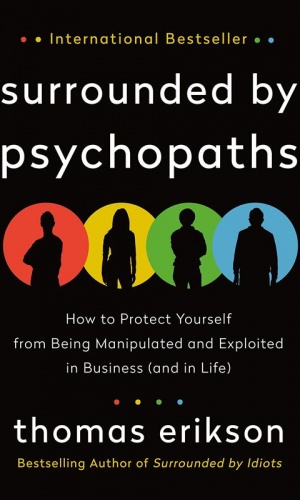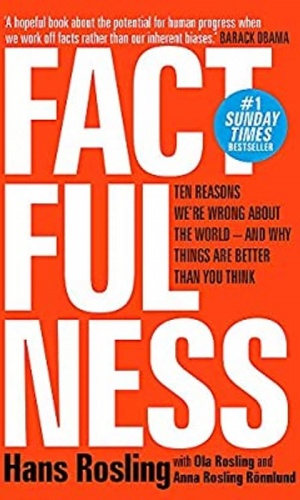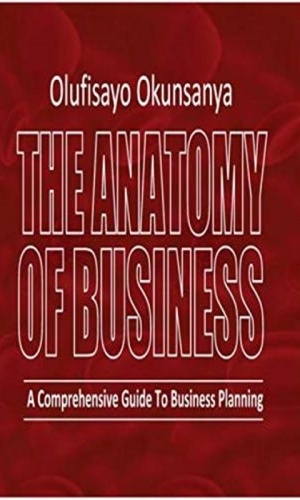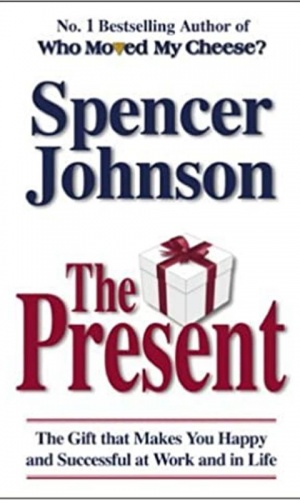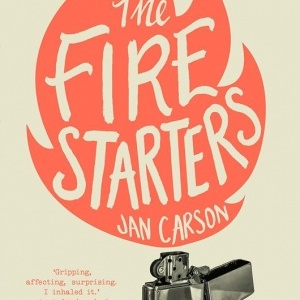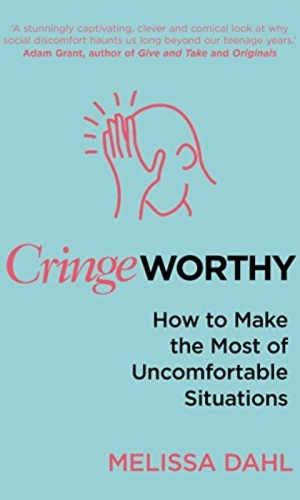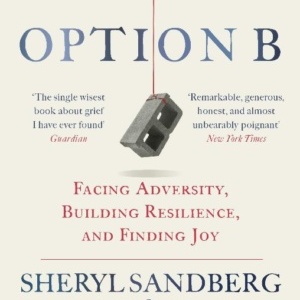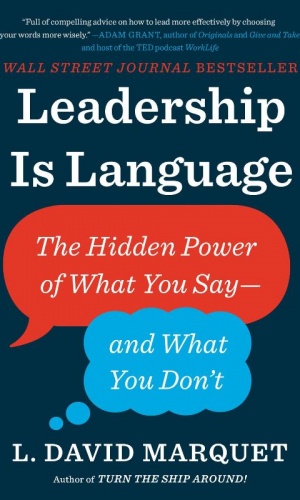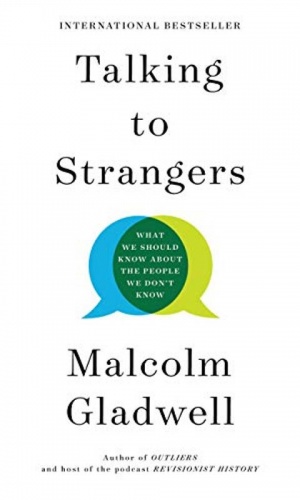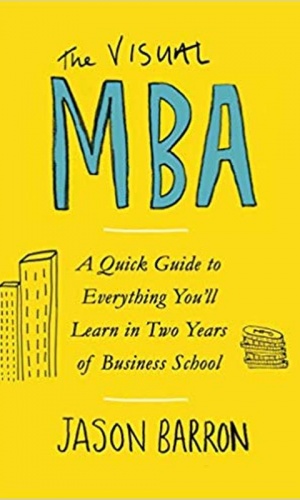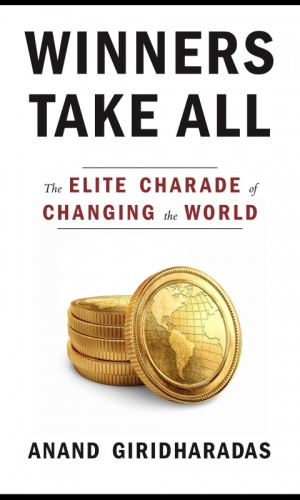-
LEADING WITHOUT AUTHORITY
In times of stress, we have a choice: we can retreat further into our isolated silos, or we can commit to “going higher together.”
When external pressures are mounting, and employees are working from far-flung locations across the globe, says bestselling author Keith Ferrazzi, we can no longer afford to waste time navigating the complex chains of command or bureaucratic bottlenecks present in most companies. But when we choose the bold new methodology of co-elevation as our operating model, we unlock the potential to boost productivity, deepen commitment and engagement, and create a level of trust, mutual accountability, and purpose that exceeds what could have been accomplished under the status quo.
And you don’t need any formal authority to do it. You simply have to marshal a commitment to a shared mission and care about the success and development of others as much as you care about your own. Regardless of your title, position, or where or how you work, the ability to lead without authority is an essential workplace competency.
₦8,400 -
Designing Your Work Life
DESIGNING YOUR WORK LIFE teaches readers how to create the job they want—without necessarily leaving the job they already have.
“Increasingly, it’s up to workers to define their own happiness and success in this ever-moving landscape,” they write, and chapter by chapter, they demonstrate how to build positive change, wherever you are in your career.
₦9,000 -
The Squiggly Career
Careers are changing; they are no longer linear and there’s no such thing as a ‘job for life’. Squiggly careers, where people jump constantly between roles, industries and locations, are becoming the new normal.
Squiggly careers are filled with opportunity and excitement, but they can also be ambiguous and overwhelming if we don’t know how to make the most of them.
In The Squiggly Career, personal development experts Helen Tupper and Sarah Ellis reveal 5 skills you need to master and teach you how to:
· Identify your Values
· Play to your Super Strengths
· Address your Confidence gremlins
· Design your support solar systems (Networks)
· Explore your Future PossibilitiesPacked with insights about the changing-face of work, exercises to aid your growth, and tips and inspiration from highly successful people, this book will help you be happier, and ultimately more successful in your career.
₦9,500 -
THE FREELANCE BIBLE
You want to go freelance. You want to make your career work for you, on your terms and determined by your own definition of success. You want autonomy, flexibility and variety.
But where do you start?
In The Freelance Bible, award-winning entrepreneur and freelancer, Alison Grade, guides you through absolutely everything that you need to know to start your successful self-employed life.
₦7,800 -
PENGUIN BUSINES EXPERTS- LEAD SUCCESSFUL PROJECTS
Are you struggling to juggle multiple projects? Do you often lose control of your budget? Does communicating your progress to the rest of your team cause you undue stress?
₦5,400 -
EVERYTHING IS FIGUREOUTABLE
From the host of the award-winning MarieTV and The Marie Forleo Podcast, an indispensable handbook for becoming the creative force of your own life.
While most self-help books offer quick fixes, Everything is Figureoutable will retrain your brain to think more creatively and positively in the face of setbacks. In the words of Cheryl Strayed, it’s “a must-read for anyone who wants to face their fears, fulfill their dreams, and find a better way forward.”
₦10,600 -
12 Rules for Life
Humorous, surprising and informative, Dr. Peterson tells us why skateboarding boys and girls must be left alone, what terrible fate awaits those who criticize too easily, and why you should always pet a cat when you meet one on the street.
What does the nervous system of the lowly lobster have to tell us about standing up straight (with our shoulders back) and about success in life? Why did ancient Egyptians worship the capacity to pay careful attention as the highest of gods? What dreadful paths do people tread when they become resentful, arrogant and vengeful?₦21,600 -
The Big Short
There’s no such thing as a ‘free’ market
Globalization isn’t making the world richer
We don’t live in a digital world – the washing machine has changed lives more than the internet
Poor countries are more entrepreneurial than rich ones
Higher paid managers don’t produce better resultsWe don’t have to accept things as they are any longer. Ha-Joon Chang is here to show us there’s a better way.
From the author of The Blind Side and Moneyball, The Big Short tells the story of four outsiders in the world of high-finance who predict the credit and housing bubble collapse before anyone else. The film adaptation by Adam McKay (Anchorman I and II, The Other Guys) features Academy Award® winners Christian Bale, Brad Pitt, Melissa Leo and Marisa Tomei; Academy Award® nominees Steve Carell and Ryan Gosling.
₦4,600 -
Merchants of Truth
The last decade has seen the News industry face unprecedented change. The sometimes-century old institutions which were once the bastions of truth have had their dominance eroded by vast innovations in viral technology and, as millennial appetites force the industry to choose between principles of objectivity and impartiality, the survivors must confront the horrifying cost of their success: sexual scandal, fake news, the election of President Trump and the shaking of democracy.
₦6,200 -
Another Now
Imagine if Occupy and Extinction Rebellion actually won.
In Another Now world-famous economist Yanis Varoufakis shows us what such a world would look like. Far from being a fantasy, he describes how it could have come about – and might yet. But would we really want it?
₦7,800 -
Surrounded by Psychopaths
Charming, charismatic, and delightful or manipulative, self-serving, and cunning? Psychopaths are both and that’s exactly what makes them dangerous. Bestselling author of the international phenomenon Surrounded by Idiots, Thomas Erikson reveals how to identify the psychopaths in your life and combat their efforts to control and manipulate.
Using the same simple four-color system of behavior classification that made Surrounded by Idiots so popular, Surrounded by Psychopaths teaches readers how to deal with psychopaths in their lives by becoming aware of their own behavior and their weaknesses. Vivid example stories illustrate ways that psychopaths can take advantage of various behavior types, helping readers identify their own weaknesses and be proactive about protecting themselves. Erikson outlines some of the most common forms of manipulation used by psychopaths―and others―to influence those around them. Since manipulation can often be a feature of ordinary, non-psychopathic relationships, the book also includes practical methods and techniques to help readers confront controlling people and rehabilitate negative relationships into mutually respectful ones.
₦25,400 -
FACTFULNESS
When asked simple questions about global trends―what percentage of the world’s population live in poverty; why the world’s population is increasing; how many girls finish school―we systematically get the answers wrong. So wrong that a chimpanzee choosing answers at random will consistently outguess teachers, journalists, Nobel laureates, and investment bankers.
In Factfulness, Professor of International Health and global TED phenomenon Hans Rosling, together with his two long-time collaborators, Anna and Ola, offers a radical new explanation of why this happens. They reveal the ten instincts that distort our perspective―from our tendency to divide the world into two camps (usually some version of us and them) to the way we consume media (where fear rules) to how we perceive progress (believing that most things are getting worse).
₦4,700 -
The Anatomy of Business: A Comprehensive Guide to Business Planning
”The Anatomy of Business; A Comprehensive Guide to Business Planning”, dissects the entirety of business, drawing on multiple examples of global conglomerates to share untold secrets to building and running lasting business.
₦5,000 -
The Present
Another Spencer Johnson #1 Bestseller
#1 New York Times Business
#1 Wall Street Journal
#1 BusinessWeekFrom the Author of Who Moved My Cheese?
Dr. Spencer Johnson’s stories of timeless, simple truths have changed the work and lives of millions of readers around the world. Now comes an insightful new tale of inspiration and practical guidance for these turbulent times.
Good Things Happen To Those Who Open The Present
The Gift That Makes Your Work And Life Better Each Day!
For over two decades, Spencer Johnson has been inspiring and entertaining millions with his simple yet insightful stories of work and life that speak directly to the heart and soul. The Present is an engaging story of a young man’s journey to adulthood, and his search for The Present, a mysterious and elusive gift he first hears about from a great old man. This Present, according to the old man, is “the best present a person can receive.”
₦5,500 -
The Go-Giver
The Go-Giver recounts to the account of an aspiring youngster named Joe who longs for progress. Joe is a genuinely determined worker, however here and there he feels as though the harder and quicker he works, the further away his objectives appear to be. Edgy to arrive a key deal toward the finish of an awful quarter, he looks for counsel from the baffling Pindar, an unbelievable advisor alluded to by his numerous lovers simply as the Chairman.
₦25,000 -
The Fire Starters
Shortlisted for the EU Prize for Literature**’One of the most exciting and original Northern Irish writers of her generation’ SUNDAY TIMES’Gripping, affecting, surprising. I inhaled it’ LISA MCINERNEY ‘Captivating, intelligent and courageous’ IRISH TIMES’Spectacular. At once grittily real, wildly magical and insanely alluring – a siren-song of a novel. DONAL RYAN’Jan Carson seems to have invented a new Belfast in this gripping, surprising, exhilarating novel.
₦6,500 -
Cringeworthy
Have you ever said goodbye to someone, only to discover that you’re both walking in the same direction? Or had your next thought fly out of your brain in the middle of a presentation? Or accidentally liked an old photo on someone’s Instagram or Facebook, thus revealing yourself to be a creepy social media stalker?
₦4,900 -
Option B
After the sudden death of her husband, Sheryl Sandberg felt certain that she and her children would never feel pure joy again. “I was in ‘the void,’” she writes, “a vast emptiness that fills your heart and lungs and restricts your ability to think or even breathe.” Her friend Adam Grant, a psychologist at Wharton, told her there are concrete steps people can take to recover and rebound from life-shattering experiences. We are not born with a fixed amount of resilience. It is a muscle that everyone can build.
₦4,200 -
101 Things to Do When You’Re Not Drinking
Feeling a bit woozy? Had a few too many at karaoke night? Sometimes we could all do with taking a break from the drinking life.
₦1,800 -
You Are a Badass at Making Money
You Are a Badass at Making Money will launch you past the fears and stumbling blocks that have kept financial success beyond your reach. Drawing on her own transformation—over just a few years—from a woman living in a converted garage with tumbleweeds blowing through her bank account to a woman who travels the world in style, Jen Sincero channels the inimitable sass and practicality that made You Are a Badass an indomitable bestseller. She combines hilarious personal essays with bite-size, aha concepts that unlock earning potential and get real results.
Learn to:
• Uncover what’s holding you back from making money
• Give your doubts, fears, and excuses the heave-ho
• Relate to money in a new (and lucrative) way
• Shake up the cocktail of creation
• Tap into your natural ability to grow rich
• Shape your reality—stop playing victim to circumstance
• Get as wealthy as you wanna be₦21,700 -
Leadership Is Language
Your words matter more than you think
Most of us use the language we inherited from a time when workers worked with their hands and managers worked with their heads. Today, your people do much more than simply follow orders. They contribute to performance and solve problems, and it’s time we updated our language to reflect that.
In Leadership Is Language, former US Navy captain L. David Marquet offers a radical playbook to empower your people and put your team on a path to continuous improvement. The framework will help you achieve the right balance between deliberation and action, and take bold risks without endangering your mission. Among other things, you’ll learn:
· How to avoid the seven common sins of questioning, from binary questions (should we do A or B?) to self-affirming questions (B is the better option, right?)
· Why you should vote first, then discuss, when deciding on a plan with your team, rather than voting after discussion
· Why it’s better to give your people information instead of instructions
₦5,300 -
Talking To Strangers
How did Fidel Castro fool the CIA for a generation? Why did Neville Chamberlain think he could trust Adolf Hitler? Why are campus sexual assaults on the rise? Do television sitcoms teach us something about the way we relate to each other that isn’t true?
₦24,700 -
The Visual MBA
Jason Barron spent 516 hours in class, completed mountains of homework and shelled out tens of thousands of dollars to complete his MBA at the BYU Marriott School of Business. Along the way, rather than taking boring notes that he would never read (nor use) again, Jason created sketch notes for each class—visually capturing the essential points of his education—and providing an engaging and invaluable resource.
Once finished with his MBA, Jason launched a widely successful Kickstarter campaign distilling these same notes into a self-published book to help aspiring business leaders of all backgrounds and income levels understand the critical concepts one learns in business school.
₦27,900 -
Winners Take All
Former New York Times columnist Anand Giridharadas takes us into the inner sanctums of a new gilded age, where the rich and powerful fight for equality and justice any way they can – except ways that threaten the social order and their position atop it. We see how they rebrand themselves as saviours of the poor; how they lavishly reward “thought leaders” who redefine “change” in winner-friendly ways; and how they constantly seek to do more good, but never less harm.
₦24,700

